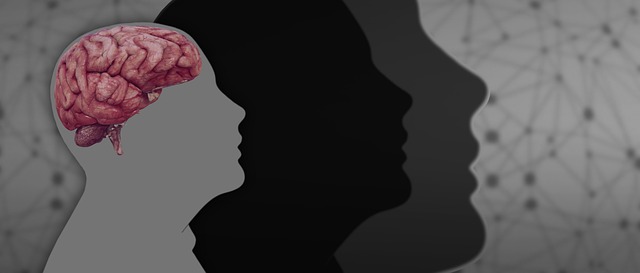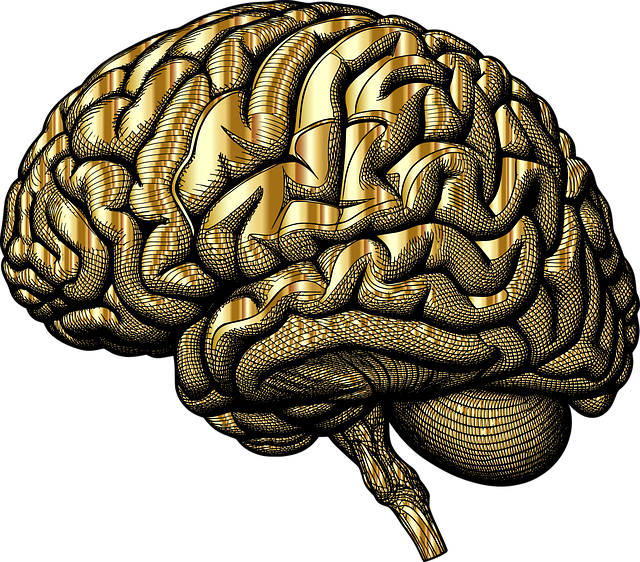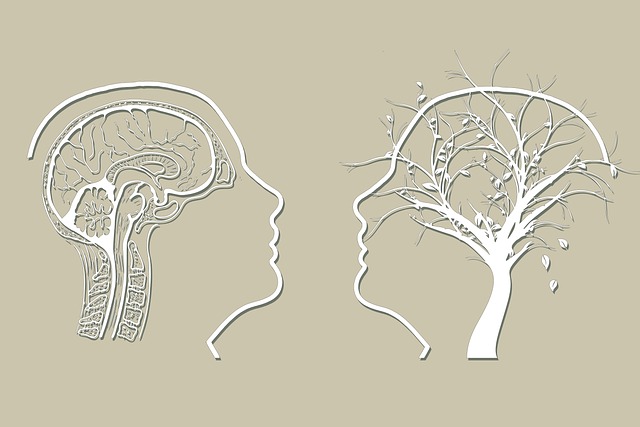Understanding loss, grief, and bereavement is crucial in counseling, especially for children with complex emotions post-loss. Techniques like conflict resolution, positive thinking, and mood management help clients process feelings, develop coping mechanisms, and heal gradually. For children with dissociative disorders, specialized grief and bereavement counseling using evidence-based practices like CBT and trauma-focused approaches is essential to address unique emotional challenges. These tailored therapies resolve grief, build resilience, and improve long-term mental health outcomes. Counselors use various strategies including active listening, cultural sensitivity, narrative therapy, mindfulness exercises, and art therapy to support individuals across different age groups and conditions, including therapy for children dissociative disorder.
“Navigating loss, grief, and bereavement can be a challenging journey, often leaving individuals and families seeking support. This article explores the critical role of counseling in healing these complex emotions. We delve into understanding loss and its impact on mental health, focusing specifically on Therapy for Children with Dissociative Disorder.
Furthermore, it examines strategies and techniques for effective bereavement support, offering insights into how professional guidance can facilitate the process of healing and resilience.”
- Understanding Loss, Grief, and Bereavement Counseling
- The Role of Therapy in Children with Dissociative Disorder
- Strategies and Techniques for Effective Bereavement Support
Understanding Loss, Grief, and Bereavement Counseling

Understanding loss, grief, and bereavement is a crucial step in providing effective counseling. These concepts often intertwine but hold distinct meanings. Loss refers to the absence or deprivation of something significant, such as a loved one’s death or a relationship ending. Grief is the emotional response to loss, characterized by feelings like sorrow, anger, or guilt. Bereavement, on the other hand, is the period during and after grief when individuals adapt to their new reality without the presence of a lost loved one.
Counseling for these processes can be life-changing, especially for children dealing with complex emotions and potentially traumatic losses. This therapy helps individuals process their feelings, develop coping mechanisms, and gradually heal. Techniques such as conflict resolution, positive thinking exercises, and mood management strategies can empower clients to navigate their grief in healthier ways. For instance, helping a child with dissociative disorder manage their grief through expressive art or storytelling allows them to externalize and make sense of intense emotions, fostering resilience and emotional regulation.
The Role of Therapy in Children with Dissociative Disorder

Children with dissociative disorder often face unique challenges when it comes to grief and bereavement counseling. Therapy plays a pivotal role in helping them process their emotions, understand their symptoms, and develop healthy coping mechanisms. Through tailored therapeutic approaches, mental health professionals can address the complex nature of dissociative disorders, which may include amnesia, identity fragmentation, and altered perceptions of reality.
Incorporating elements from evidence-based practices like cognitive-behavioral therapy (CBT) and trauma-focused therapies, counselors create a safe space for children to express their feelings, reconnect with their emotions, and build resilience. Mental Health Policy Analysis and Advocacy highlights the importance of specialized services for such vulnerable populations, while Burnout Prevention Strategies for Healthcare Providers emphasize the need for compassionate and well-trained therapists. Effective therapy not only aids in grief resolution but also equips children with skills to manage potential triggers and prevent reoccurrence of dissociative episodes, ensuring better long-term mental health outcomes. Risk Management Planning for Mental Health Professionals further underscores the necessity of skilled counseling to navigate these complex cases successfully.
Strategies and Techniques for Effective Bereavement Support

In providing effective bereavement support, counselors employ a range of strategies and techniques tailored to individual needs. One key approach involves creating a safe and non-judgmental space for expression, encouraging clients to share their feelings openly. This may include active listening, empathy, and reflection to help individuals process their grief in healthy ways. Additionally, incorporating cultural sensitivity in mental healthcare practice is vital; understanding cultural beliefs about death and mourning allows counselors to offer more personalized support.
Techniques such as narrative therapy, mindfulness exercises, and art therapy can be particularly effective for children grappling with loss. For instance, helping them create a memorial or tell their story through art can facilitate emotional expression. In cases where dissociative disorders are present, therapists must employ specialized mental health policy analysis and advocacy to ensure comprehensive care. Promoting resilience through emotional well-being promotion techniques, like stress management and coping skills training, empowers individuals to navigate the complexities of grief.
Loss, grief, and bereavement counseling play a pivotal role in helping individuals navigate challenging emotional landscapes. By understanding the unique aspects of loss, grief, and bereavement, therapists can offer tailored support. Specifically, this includes strategies for children with dissociative disorder, emphasizing the power of therapy in mitigating their symptoms. Effective bereavement support involves a combination of validated techniques, fostering resilience and healing. In light of these findings, recognizing the importance of professional guidance during times of loss is crucial, ensuring individuals can find solace and rebuild their lives.














